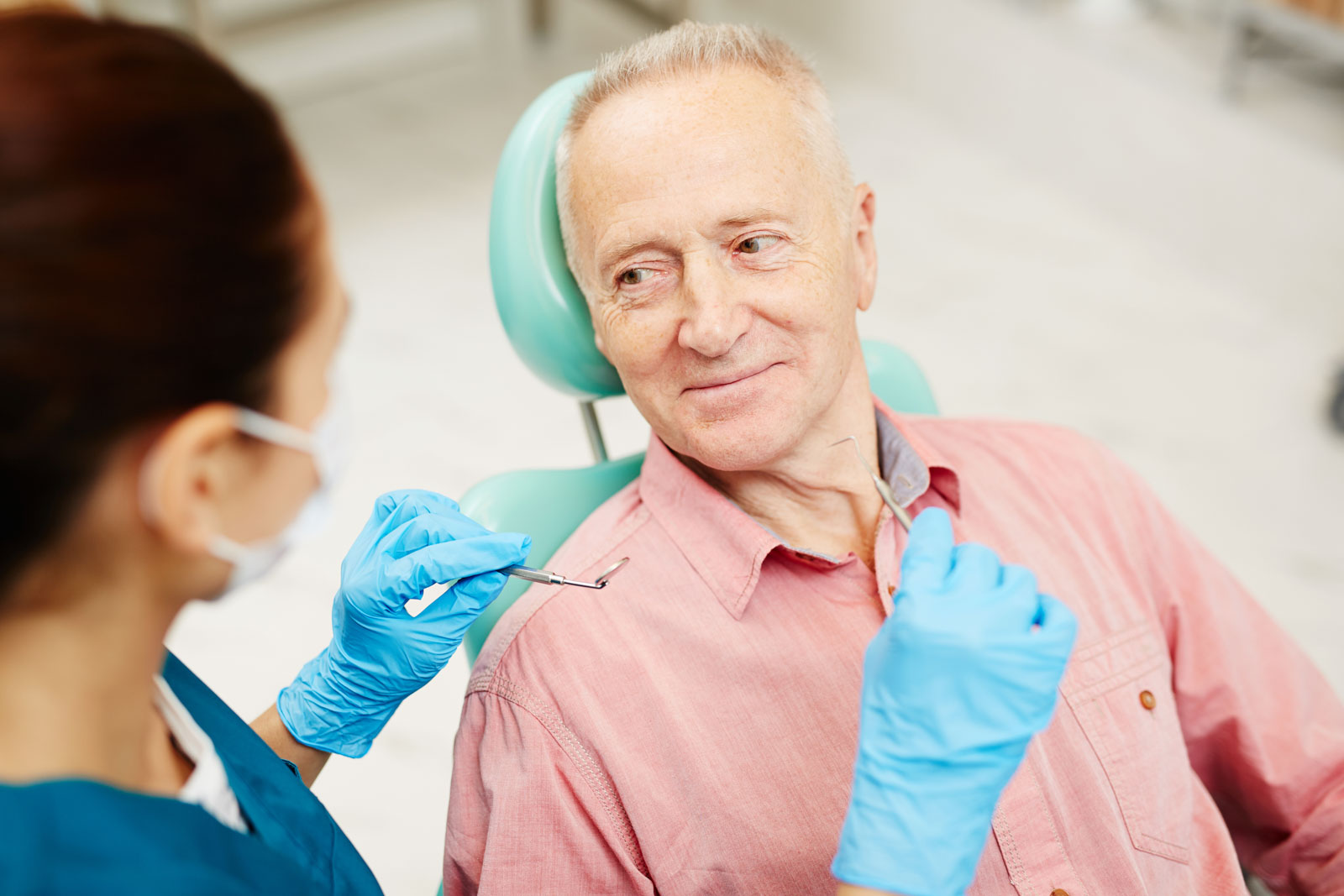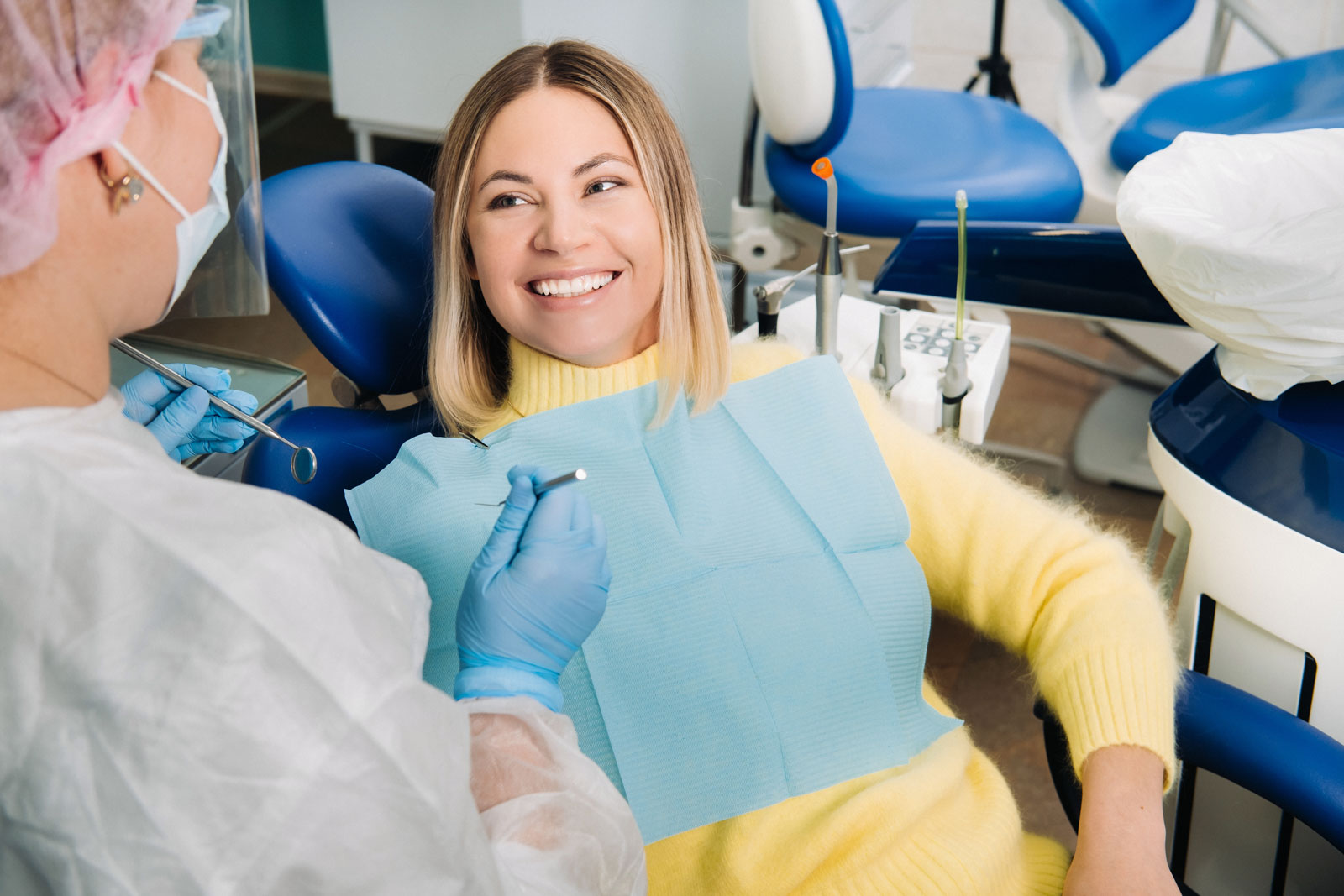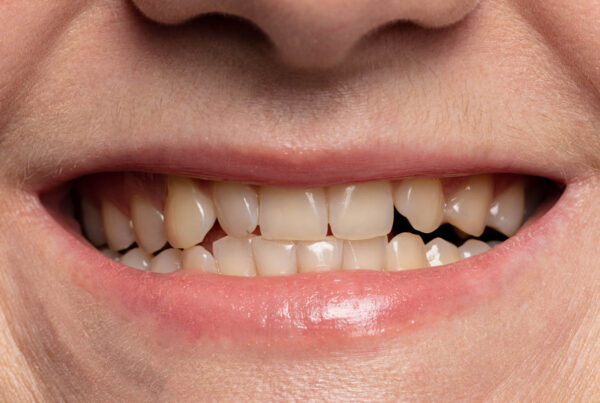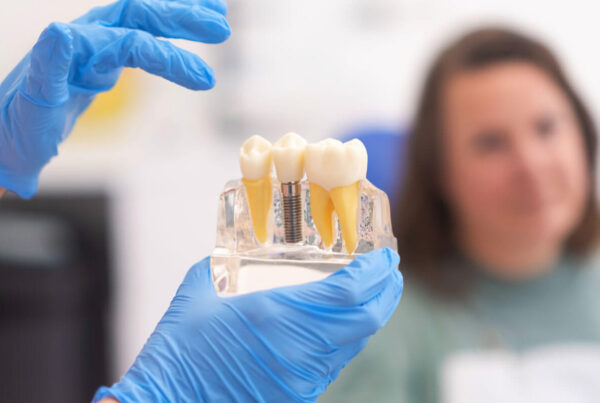April is Oral Cancer Awareness Month. Early detection is key to the recovery of oral cancer.
Your dentist is the first line of defense when it comes to oral cancer. An oral cancer screening is part of your routine dental exam, which you should get at least every 6 months.
Oral and oropharyngeal cancer (cancer of the mouth and upper throat) collectively kill nearly one person every hour of every day of the year. Of the people newly diagnosed with these cancers, only about 60% will live longer than 5 years. Moreover, many who do survive suffer long-term problems such as severe facial disfigurement or difficulties eating and speaking. The death rate associated with oral and pharyngeal cancers remains particularly high due to the cancer being routinely discovered late in its development. Fortunately, when oral and oropharyngeal cancers are detected and treated early, mortality and treatment-related health problems are reduced.
Sadly, the death rate from oral and pharyngeal cancers remains frustratingly high, at around 43 percent five years after diagnosis. This, according to the Oral Cancer Foundation, is because so few cases are diagnosed early enough to allow doctors to treat the disease. This year:
- More than 45,000 Americans will hear the diagnosis from their doctors
- More than 8,000 Americans will die from oral cancer

The Oral Cancer Foundation states that regular oral cancer examinations by your oral health professional remain the best method to detect oral cancer in its early stages.
Doctors and surgeons are constantly striving to understand oral cancer’s origins, though the issue is complex. Some behaviors, according to the Mayo Clinic, place you at greater risk of contracting oral and pharyngeal cancers:
- Human papillomavirus (HPV)—HPV 16 is the leading cause of oropharyngeal cancer
- Tobacco—smoked or smokeless tobacco causes cancer; smokeless tobacco causes cancers of the mouth, throat and esophagus
- Alcohol—combining tobacco with alcohol greatly increases your risk of contracting oral cancer
- Sun exposure—you risk lip cancer
- Diet—not eating enough fruits and vegetables can increase your risk
- Age, too, is a factor—most oral cancer victims are aged 40 and over
The causes themselves provide ample direction on helping to lower your risks of developing oral cancer:
- Cut out tobacco in all forms
- Avoid drinking alcohol
- Limit exposure to the sun, using a high Sun Protection Formula (SPF) sunscreen and lip balm
- Eat plenty of natural foods, including more fruits and vegetables
- Additionally, brush and floss regularly, exercise to maintain a healthy immune system, and see your dentist regularly.
Your dental professional is best equipped to detect early signs of oral and pharyngeal cancer, but you can monitor your own body for symptoms:
- Difficulty chewing or swallowing, or difficulty moving your jaw or tongue
- Numbness of the tongue or other areas in your mouth
- Pain in only one ear, unaccompanied by hearing loss
- A sore, lump or other irritation in your mouth, on your lip, or in your throat
- A white or red spot in your mouth, especially on the mucosal membrane (inside cheek)

If detected early, oral cancer can be treated effectively. The best course is a team approach, combining the skills of your dentist, surgeons, oncologists, nutritionists and others. Choices of therapies to fight oral cancer include:
- surgery, radiation and additional surgery
- radiation, surgery, and chemotherapy
Your mouth is one of your body’s most important early warning systems. In between dental visits, it is important for patients to be aware of the following signs and symptoms, and to see a dental professional if they do not improve or disappear after two-three weeks:
- a sore, or soreness or irritation that doesn’t go away
- red or white patches, or pain, tenderness, or numbness in mouth or lips
- lumps, thickening tissues, rough spots, crusty or eroded areas
- difficulty chewing, swallowing, speaking, or moving your jaw or tongue
- a change in the way your teeth fit together when you close your mouth




